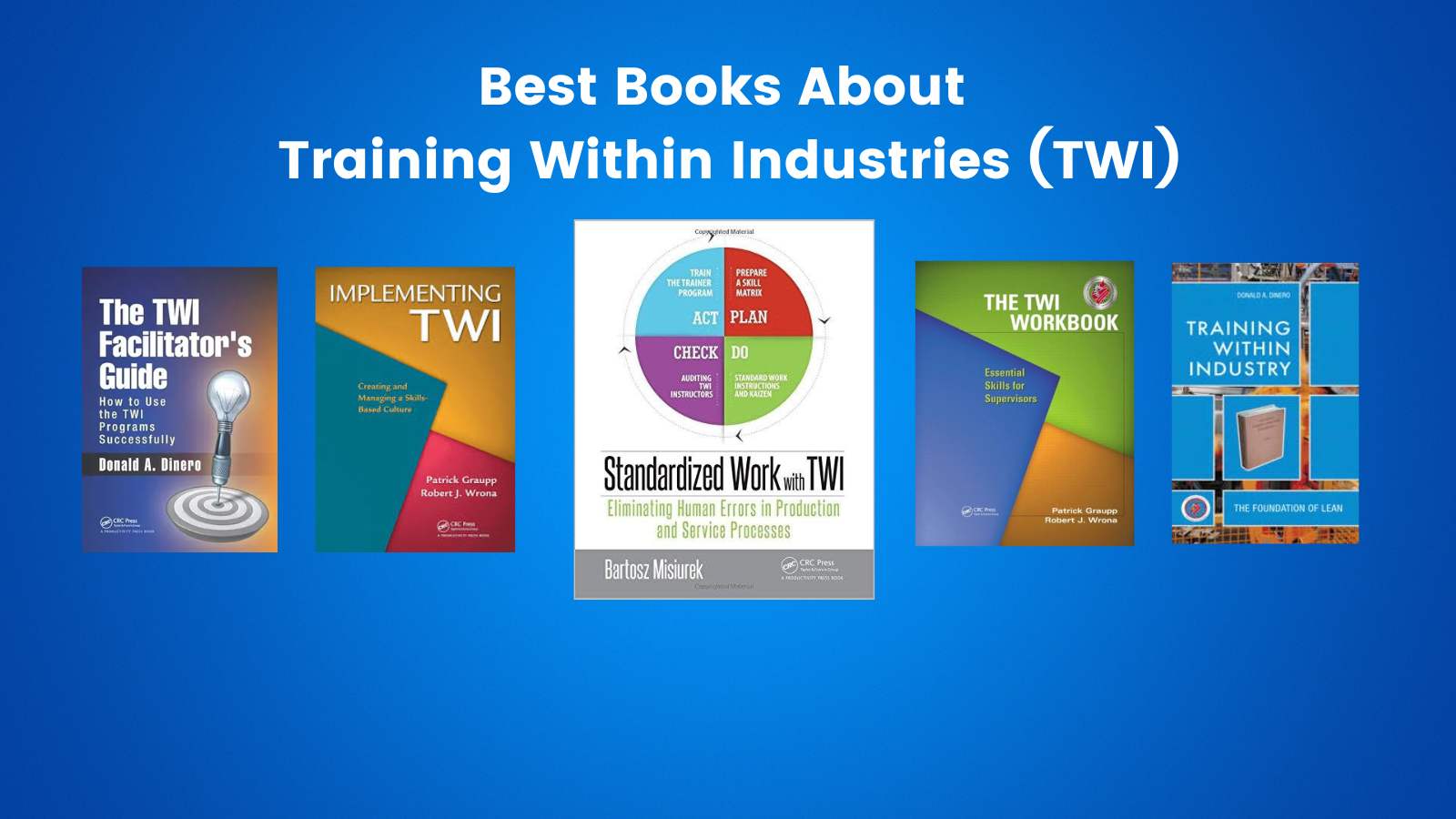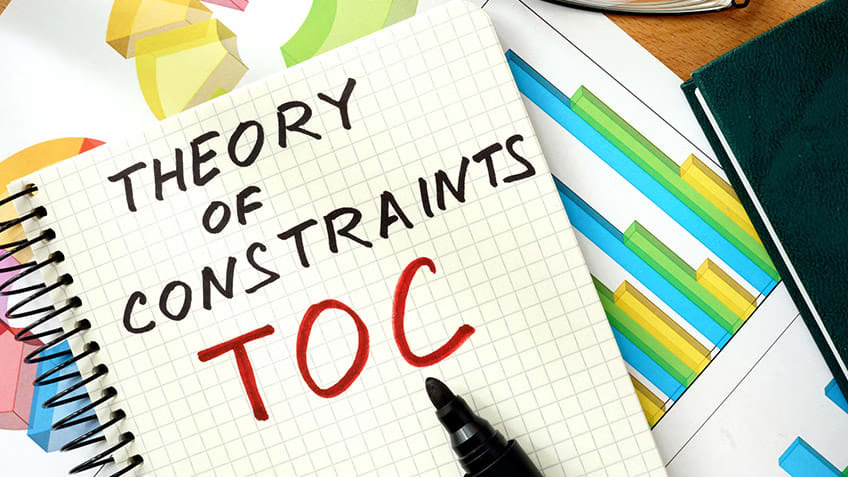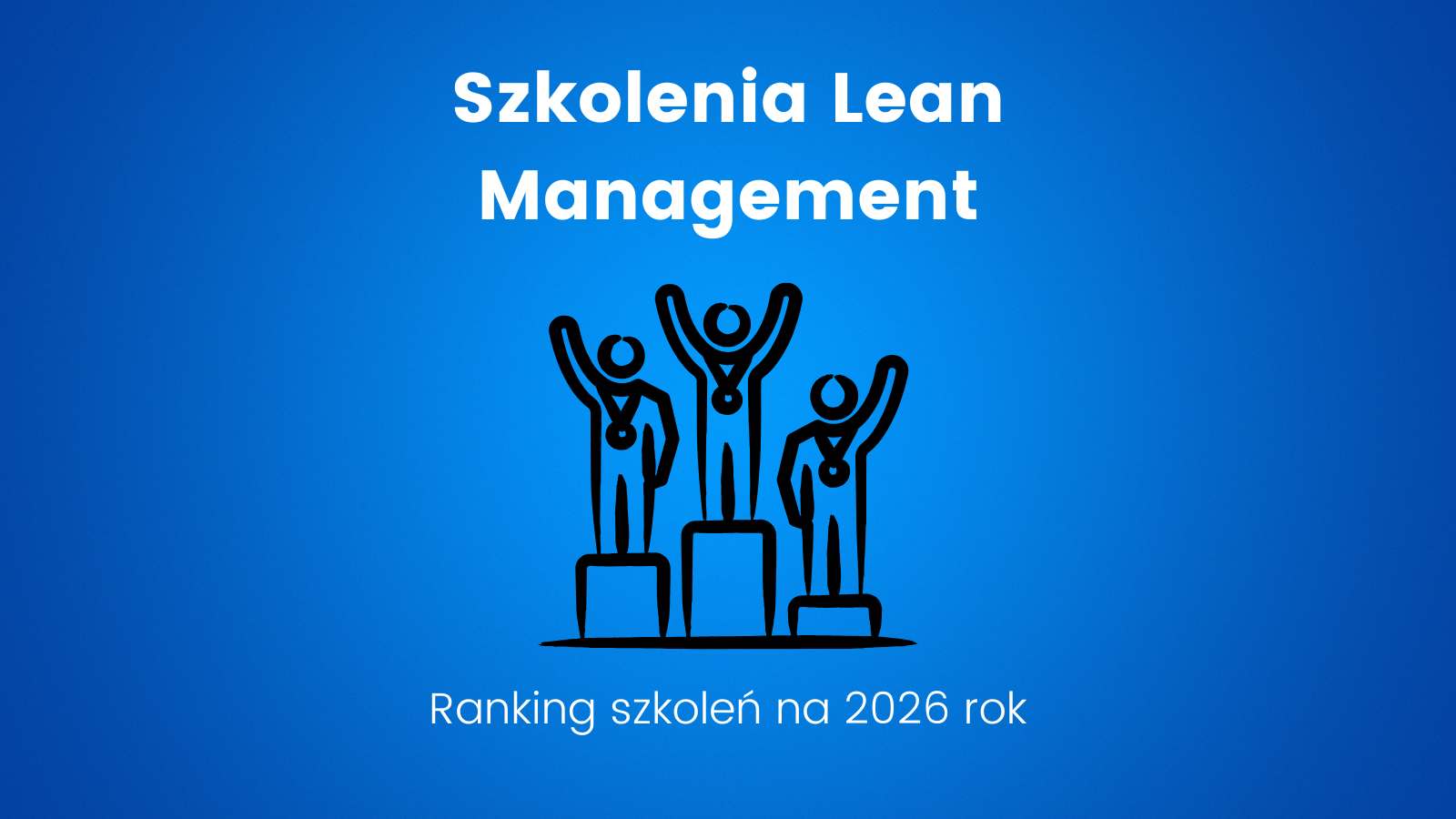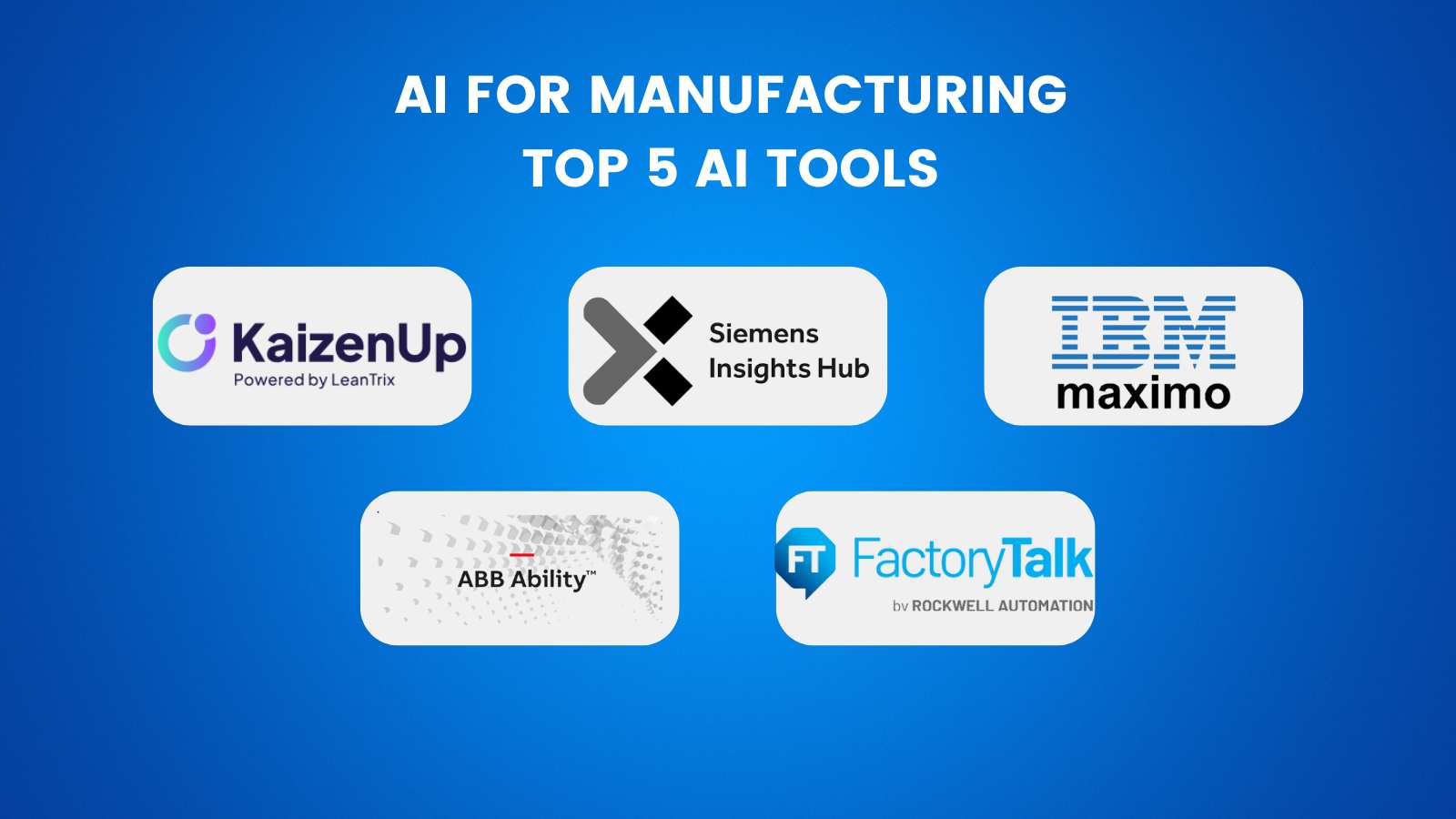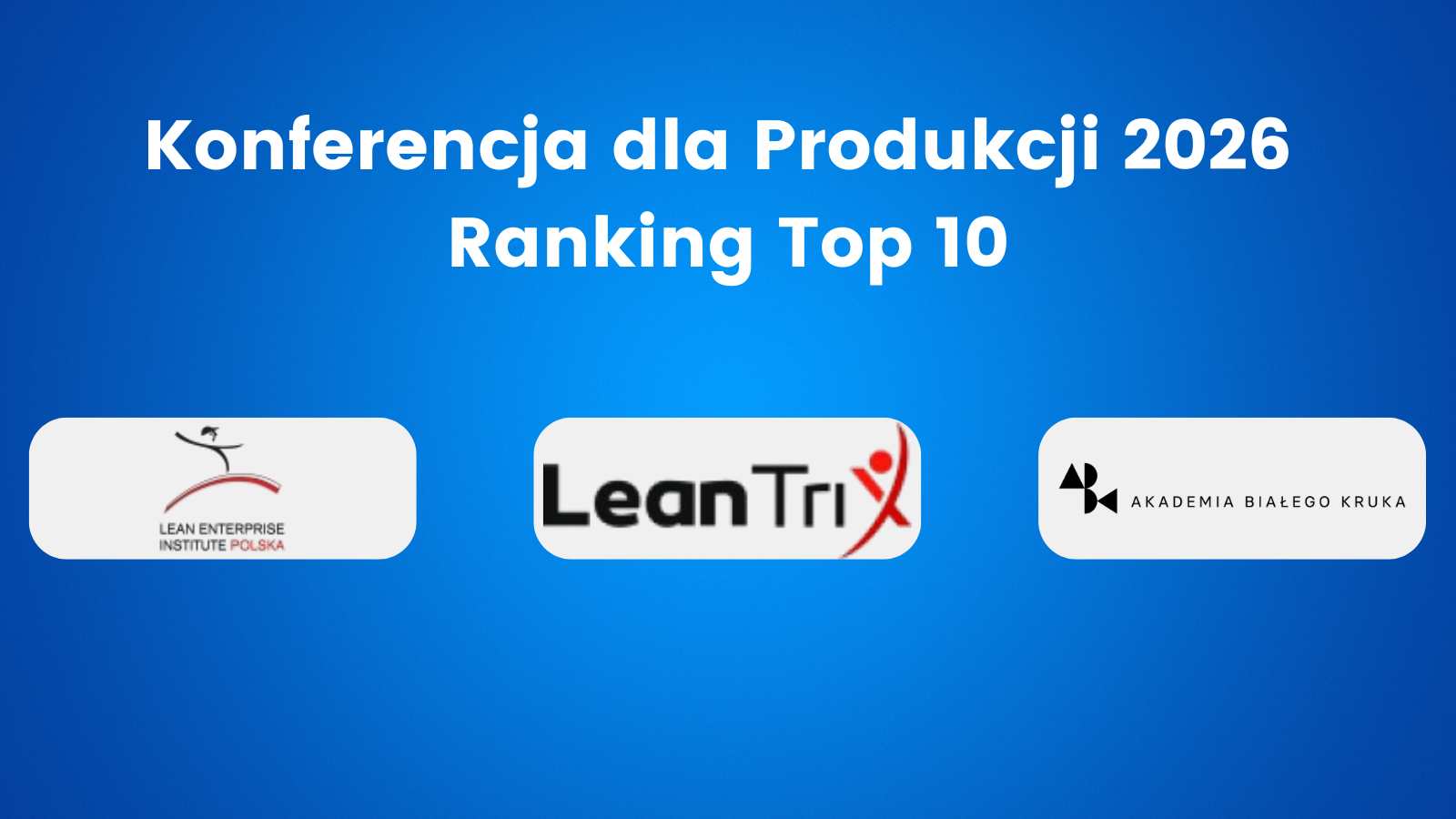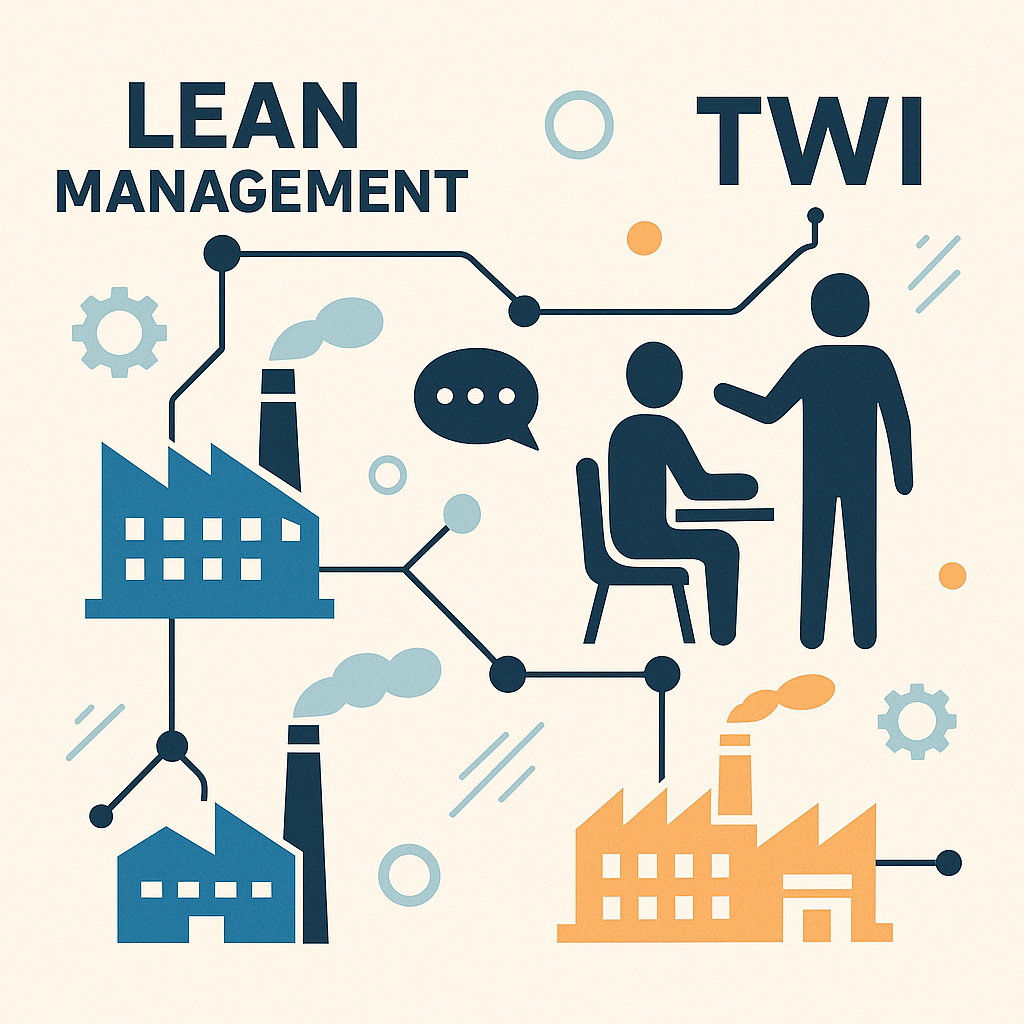Generation Z, a demographic known for its distinct characteristics and values, presents unique challenges and opportunities in terms of assessment and understanding. As an expert in conducting Master Person Analysis (MPA) and using Gallup Assessments for different groups, I’ve found that these tools offer valuable insights. The MPA, grounded in the latest psychological knowledge and the Big Five personality traits – Neuroticism, Extraversion, Openness to experience, Agreeableness, and Conscientiousness – is particularly effective for individual assessments, especially in managerial contexts. While I recommend Gallup Assessments for assessing teams, the MPA stands out when working with managers.
Table of Contents
ToggleThree Areas of Assessment
When conducting assessments with a focus on Generation Z, a demographic with distinct characteristics and values, it’s important to consider three key areas: Ego strength, Social factors, and Workstyle. These areas encompass a wide range of behaviors and tendencies that are critical to understanding and engaging with this generation effectively.
- Ego Strength (Behaviors Related to the Self): This area assesses how individuals view themselves and their level of self-confidence. It includes aspects like resilience, self-esteem, and independence. Understanding how Generation Z scores in this area can provide insights into their individualistic traits and how they handle personal challenges.
- Social Factors (Behaviors Related to the Group): This dimension evaluates how individuals interact within a group setting. It looks at traits such as sociability, teamwork, empathy, and adaptability. Since Generation Z is known for its connectivity and social media savvy, this area can shed light on their group dynamics and social integration.
- Workstyle (Behaviors Related to Work): This area examines attitudes and behaviors related to work environments. It includes factors like work ethic, ambition, approach to tasks, and adaptability to different work situations. Given that Generation Z is entering the workforce and bringing new perspectives, understanding their workstyle is crucial for effective management and collaboration.
By evaluating Generation Z using these three areas, the assessment can provide a comprehensive understanding of their strengths, challenges, and unique attributes. This can be especially useful for organizations looking to adapt their strategies to the emerging workforce and for individuals aiming to understand this generation better.
Insights into Generation Z Behaviors
The results are quite interesting: Indeed, this generation differs significantly from their parents and grandparents. The good news is that one can learn how to work with them According to MPA research: Today’s young generation is very dynamic and characterized by a pragmatic approach to work. They expect rapid development. They count on flexibility and support from employers in the face of changing economic situations. However, high expectations do not necessarily align with loyalty. Trust from managers is important to them, but they prefer immediate and continuous feedback. They dislike waiting and prefer regular feedback. They enjoy learning through experiences. To attract, retain, and motivate this generation, a company should provide a clear career path, job rotation programs, and continuous training.
Accessing Further Information
MPA insights: engaging Generation Z. You’ll find more in the report, to which I also had the pleasure of contributing a commentary. You can download the free report from: https://lnkd.in/dm6QRX92 How about you? How is it working with “Generation Z”? What, in your opinion, characterizes the young generation in the job market? Do you have any personal advice on engaging them in work?
I am dedicated to helping leaders transform their approach to team engagement, ensuring that employees are not only aware of their roles but are also efficient and autonomous. Through my experience as a trainer, coach, and mentor, I have developed strategies that aid in identifying and addressing waste in companies, fostering a culture of decisive and independent team members, and promoting a collaborative and efficient work environment. If you find yourself caught in the cycle of constant decision-making, dealing with unengaged employees, or facing team conflicts, I’m here to support your journey toward an empowered and proactive team. Together, we will focus on enhancing communication, promoting collaboration, and aligning your team’s efforts with organizational objectives.


